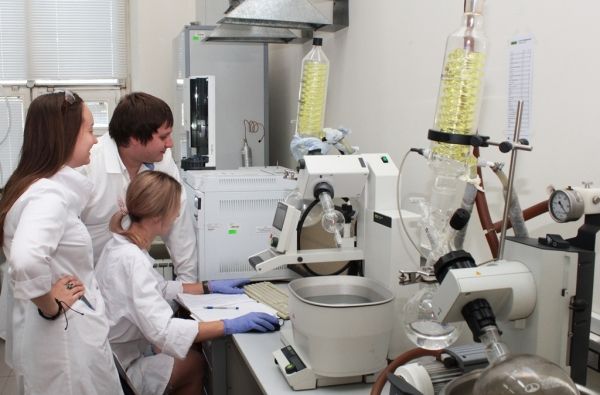Hydrogen is considered as one of the promising alternative energy sources. Nevertheless, its application as an energy carrier is complicated due to its highly explosive nature when mixed with oxygen. These dangerous situations may arise, for example, in case of hydrogen leaks from the tank where it is stored.
“Therefore, it is necessary to detect hydrogen molecules in a gas mixture. Currently, there are various methods, including electronic sensors, although they are a potential source of spark. In this respect, we turned our attention to optical fiber. This is a simple and commercially available material. In addition, a sensor can be operated remotely, since optical fiber provides rapid and easy information transfer over long distances. The sensor can be installed in the engine of a hydrogen-powered machine or refueling station”, Pavel Postnikov, one of the authors and Associate Professor of the TPU Research School of Chemistry & Applied Biomedical Sciences, says.
Optical fiber is a thin filament of optically transparent material, e.g. glass or plastic, capable of transmitting digital information in the form of a light pulse. The researchers modified them by removing a fragment of the fiber sheath and applying a fine layer of gold onto this place through magnetron sputtering. On the surface of this golden area, the effect of surface plasmon resonance arises. It is the source of the analytical signal. The researchers used this golden area from a matrix solution as a basis for a metal-organic framework consisting of zinc molecules and particular organic compounds.
Read more at Tomsk Polytechnic University
Image Credit: Tomsk Polytechnic University


